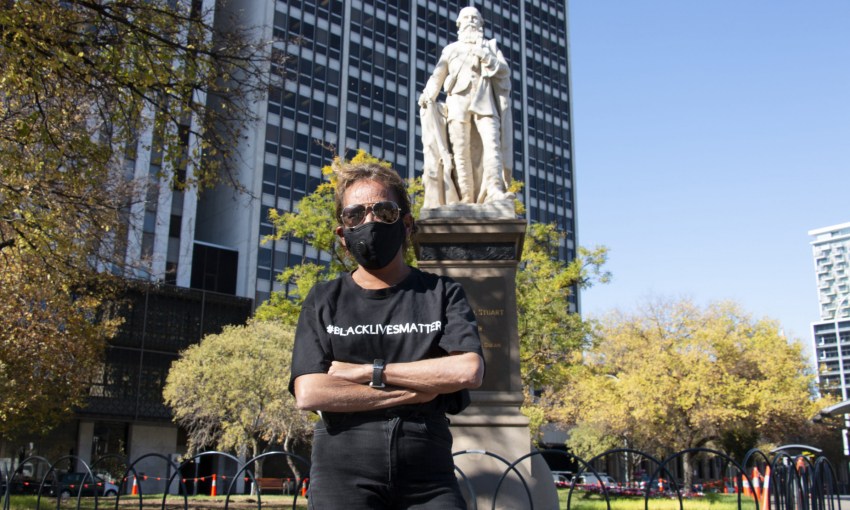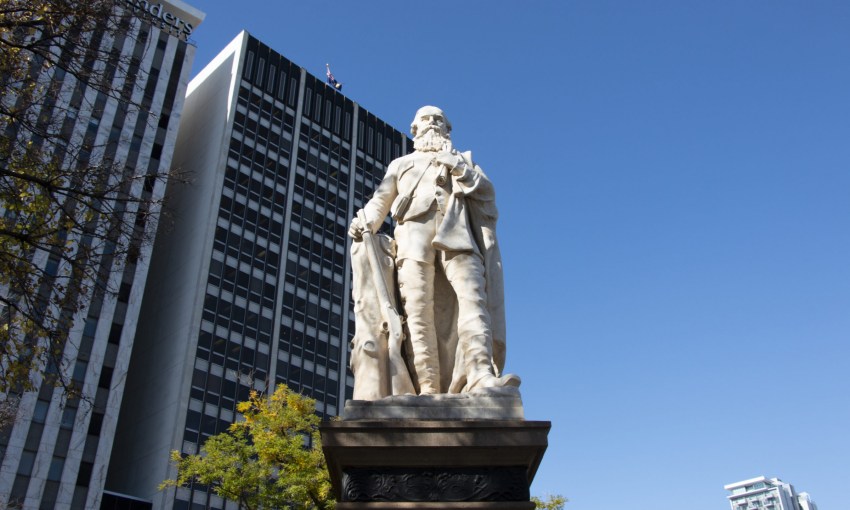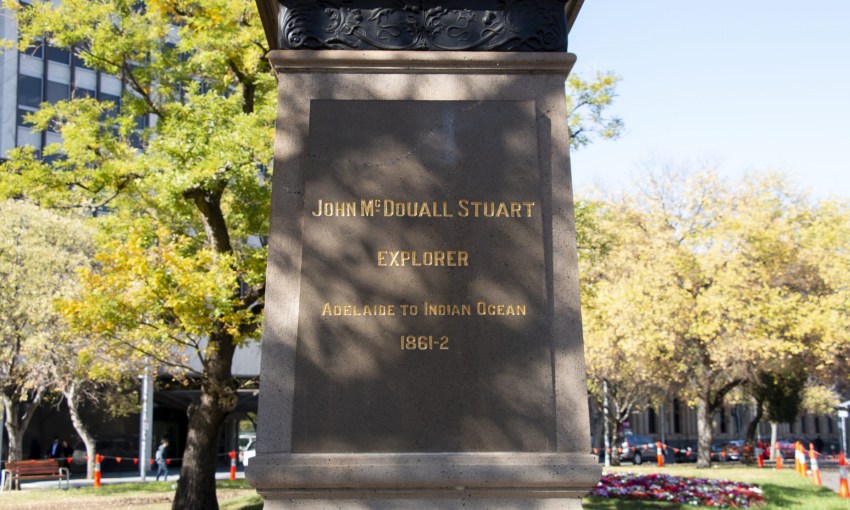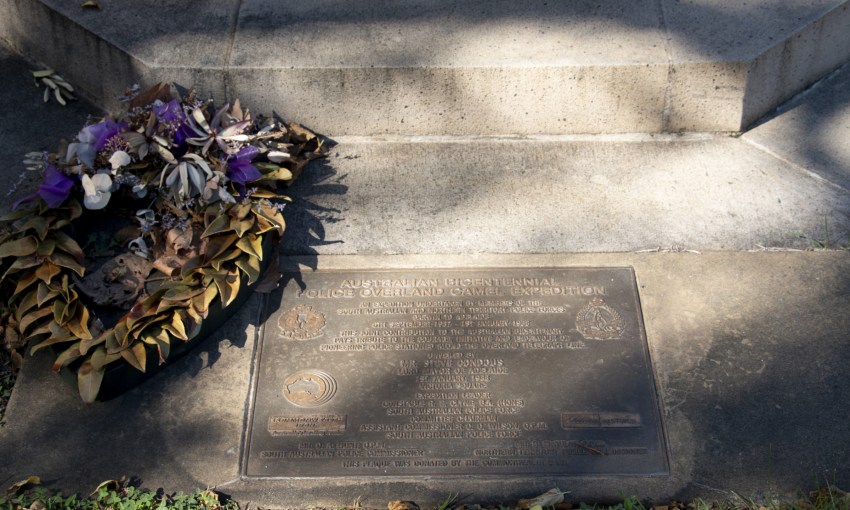An organiser behind Adelaide's Black Lives Matter protest wants the City of Adelaide to erect statues of “resilient and strong” First Nations figures in the CBD, and is encouraging Indigenous people to run in the upcoming supplementary council election to ensure the community is advocated for.
A call for Aboriginal representation in city statues and Town Hall
Although Janette Milera is small in stature, she has big ideas.
“I’d like to see some Kaurna acknowledgment in a statue in our city,” she tells CityMag from within the Part Time Lover, a café just around the corner from the looming 155-year-old Town Hall.
“It’s all about recognition and acknowledging Aboriginal culture, and the history around where people live. I just want more aboriginal content… more Aboriginal recognition by wider Australia,” she says.
The Arabana Kaurna woman, who coordinated last year’s Black Lives Matter protest, says this doesn’t mean pulling down existing colonial statues.
Instead, she wants new plaques to be placed alongside existing statues of colonial figures, so the First Nations stories are also told.
Janette also wants new statues to be erected around the city to be dedicated solely to “resilient and strong” First Nations figures.
She references lauded Ngarrindjeri innovator David Unaipon and elite Indigenous basketballer Michael AhMatt as examples.
“If I saw statues like that around Adelaide… it would have made me stronger as a person and as an Aboriginal person, about who I am and where I come from,” Janette says.
“And to have my Aboriginal history acknowledged, it would show me that things are changing.”
Janette was supposed to speak about increasing the number of Aboriginal statues and plaques in the CBD at the City of Adelaide’s Reconciliation Committee two weeks ago, but in the end she elected not to go.
The Reconciliation Committee is a body chaired jointly by First Nations community leaders and city council representatives and is designed to advance the relationship between the council and Aboriginal and Torres Strait Islander people.
UPDATE: Five days after CityMag published this story, and seven days after the City of Adelaide declined to respond to our questions, they say Janette has been given multiple opportunities to enter into discussions with Council and Reconciliation Committee, however she has not responded or turned up.
Janette says she wants an opportunity to speak about this issue with the council more directly and has requested a private meeting with Lord Mayor Sandy Verschoor and the acting CEO Clare Mockler. She says she’s still waiting for a response.
CityMag asked the City of Adelaide how many statues in the city are dedicated to Aboriginal or Torres Strait Islander figures, but we didn’t get a response.
We know the council plans to erect a statue of Queen Iparrityi in 2024, according to the final draft of the Stretch Reconciliation Action Plan.
Janette had discussions with council last year about establishing Aboriginal statures within the city, but this was put on hold around the time the $174,000 Pigeon sculpture was unveiled in Rundle Mall.
“I was a bit upset that they could not consider our ideas about putting statues around the city of Kaurna people, but they could put a statue of a pigeon in Rundle Mall,” she says.
“The message that sent to me was that a pigeon’s life is more important than a local Aboriginal Kaurna person’s life and the historical content behind our Kaurna history.”
We asked the City of Adelaide to respond to this comment, but they declined.
The process of commissioning Aboriginal statues could be streamlined, Janette says, if there was an Indigenous councillor within Town Hall to advocate on these issues on behalf of First Nations communities.
A spokesperson for the City of Adelaide told CityMag there has never been a councillor elected to the Adelaide City Council who identifies as Aboriginal or Torres Strait Islander.
I encourage anyone who lives in this district to look at being a candidate.
— Janette Milera.
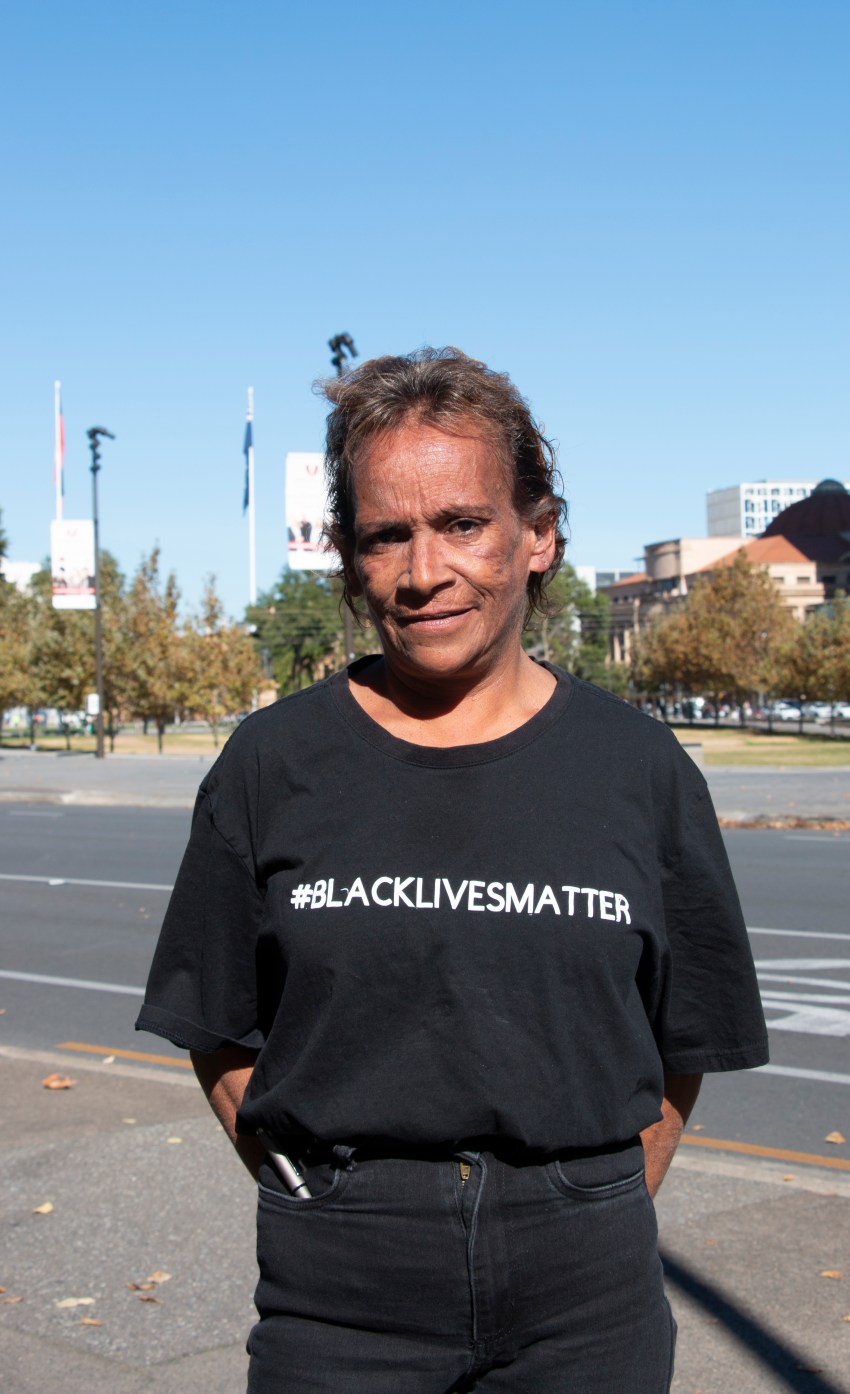
“We actually need to have people sitting on this council, so having Aboriginal council members on the Adelaide City Council,” Janette says.
“If you’re interested in politics and interested in making a change around the City of Adelaide as an Aboriginal person, this is where your voice will be heard and you’ll be able to make those changes. I encourage anyone who lives in this district to look at being a candidate.”
Last month, councillor Rob Simms left his area ward seat to pursue a career in state politics, and a supplementary election has been called to fill his absence.
Those keen on vying for his seat must be an elector for the City of Adelaide area, with nominations closing on Thursday, 10 June.
In conversations CityMag has had with Indigenous leaders, we’ve heard it said that erecting statues and installing plaques are Western notions of remembrance. First Nations people maintain a connection to their 65,000-year history in this country through oral storytelling.
We put this idea to Janette, and while she agrees that these public effigies are a foreign concept, she still wants Aboriginal figures to be remembered in this way.
“If that’s the way that white people acknowledge their historical things, and pay tribute to them, then I think that we can add on so our stuff gets acknowledged as well, rather than, like I said, pull them down,” she says.
“If Adelaide City Council start by acknowledging their Aboriginal history around their statues, hopefully we might start the region looking at their Aboriginal content in their city council and acknowledging and recognising the Aboriginal people from their community.”



